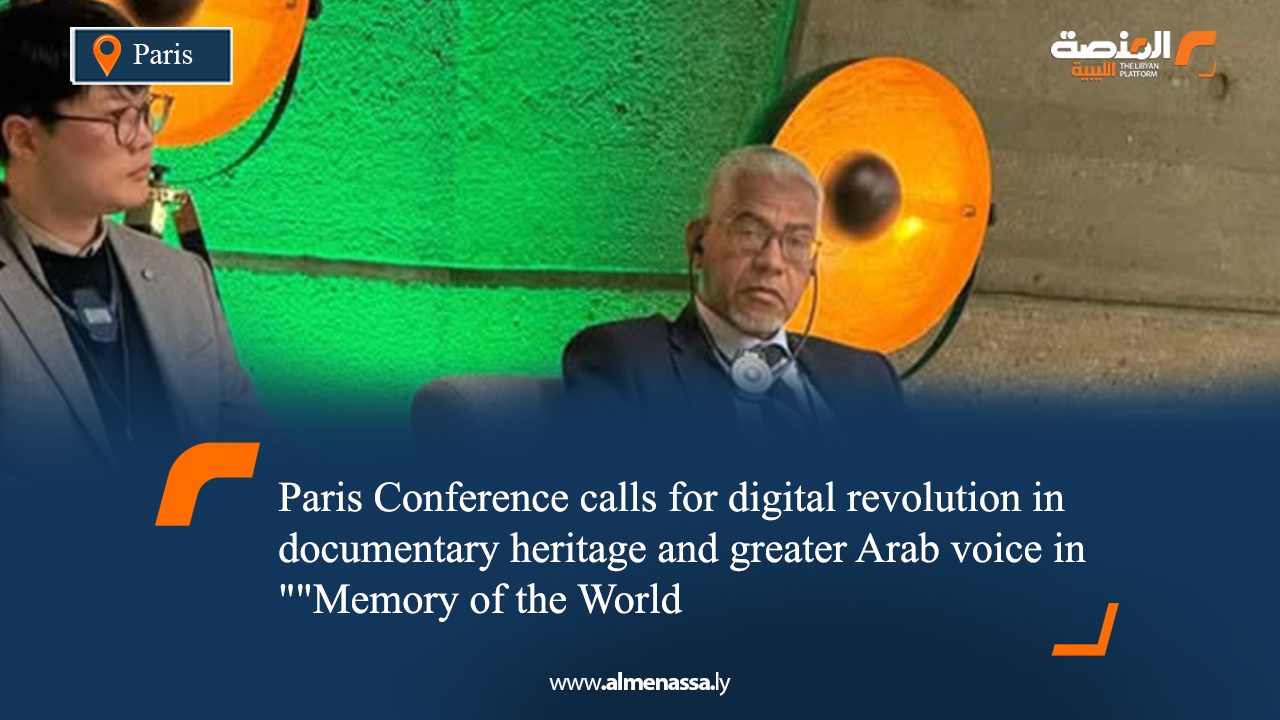The French capital, Paris, has hosted the culmination of a significant international conference, “Innovating Documentary Heritage for Sustainable Development,” held at UNESCO headquarters. The event, a collaborative initiative spearheaded by Alwaleed Philanthropies, the Saudi National Commission for Education, Science and Culture, and UNESCO, brought together experts and stakeholders to address critical challenges and opportunities in preserving the world’s documentary treasures.
Over a series of in-depth sessions, the conference delved into the importance of safeguarding historical documents and manuscripts. Extensive panel discussions explored effective strategies for their digitisation, aiming to broaden access for researchers and local communities alike. A central theme throughout the proceedings was the vital role of these efforts in underpinning sustainable development and protecting the rich historical memory of diverse peoples.
The conference witnessed a notable and engaged Libyan presence, exemplified by a compelling scholarly paper presented by Professor Noureddine Al-Thani, a distinguished researcher from the ancient city of Ghadames. Prof. Al-Thani highlighted the tangible grassroots efforts within Ghadames to preserve its wealth of rare documents and manuscripts, showcasing pioneering initiatives led by the Ghadames Civil Association, a key local player in this crucial work.
As the conference drew to a close, a high-ranking UNESCO official, the Assistant Director-General for Communication and Information, lauded the significant contributions of the Kingdom of Saudi Arabia to the field of documentary heritage preservation. He specifically commended the groundbreaking Al-Ula initiative and its ongoing commitment to safeguarding its rich historical records.
In a related vein, the UN official drew attention to a concerning imbalance: the marked underrepresentation of Arab contributions in UNESCO’s prestigious “Memory of the World” register. Despite the vast wealth of invaluable documents and manuscripts within Arab heritage, these contributions currently account for a mere 3% of the register.
Concluding his address, the official expressed profound appreciation for the establishment of the “Arab Memory of the World Committee” in January 2025. He emphasized that this pivotal step represents a significant leap forward in amplifying Arab presence and showcasing the richness of Arab documentary heritage within specialised international registers.


